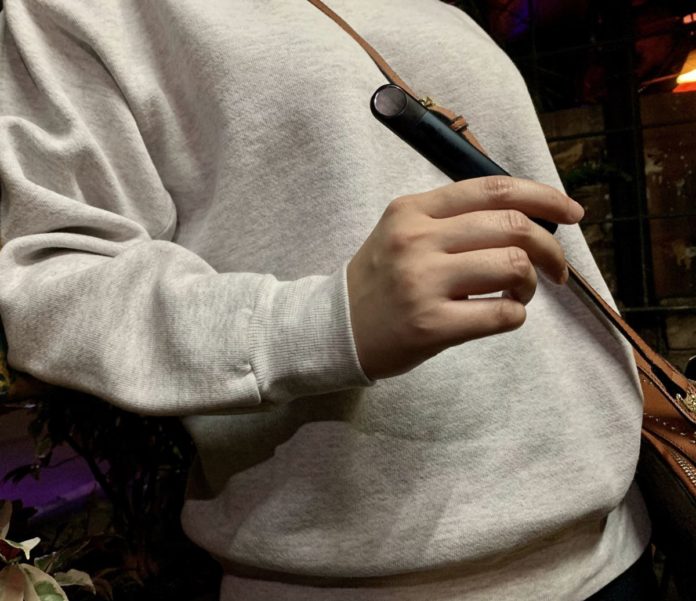The e-cigarette industry, just like many others, has not been spared from imitators looking to make a quick buck. Just as the adoption and acceptance of e-cigarettes have increased, so have the number of people making fake e-cigarette products. These counterfeit products are not only illegal but also carry serious health risks for former smokers who have turned to vaping to quit smoking.
Besides being illegal, what makes these products dangerous for public consumption?
Harmful combination of chemicals
Counterfeit vape pods contain harmful substances like toluene, which causes central nervous system depression and arrhythmias to persons acutely exposed, at levels that greatly exceed safe standards. Illicit products also include false advertising in their packaging, with their actual nicotine content either way beyond or way below the advertised content. This poses a serious health risk among consumers who are trying to regulate their nicotine intake to eventually quit smoking altogether.
Battery
Many counterfeit e-cigarettes often use recycled batteries repurposed from other electronics to make these fake devices. As they are hidden from consumers’ view, many people are unaware of the danger these fake batteries pose. As the batteries are made out of a lithium-ion cell, worn batteries or those that are poorly made pose an electrical and fire hazard as they are not quality checked nor tested. Worse, incidents of fake e-cigarette devices exploding have also been reported.
So, how does one avoid counterfeit vape pods, devices, and the health and safety risks that come with these? Here are four tips to consider:
Purchase only from official stores and authorized resellers
Among the reasons why some consumers are convinced to purchase from illicit traders are outrageous discounts and promos. While blinding, it is important to remember that no discount is worth the cost of safety and health. Also remember that it is not a matter of if, but when, that an incident happens with a fake device. Official stores and authorized resellers are already convenient to find online, and they provide interesting promos and discounts for their customers as well.
Check the verification code
Most e-cigarette manufacturers include verification codes in the packaging which users could then verify on the manufacturer’s website to validate their purchase. These codes are helpful in separating counterfeit products from legitimate ones.
Visual inspection
While adding verification codes is already a good solution against counterfeit products, there are some knockoff manufacturers that can actually track down official codes and add them to their packaging. For this reason, users should also inspect their devices physically. Oftentimes, fake pods and devices are transparent, have unique engravings on the body of the device itself, or co-branded logos which are not usually the design of legitimate items.
Taste
There are times when it would still be difficult to discern a legitimate product based on sight and touch alone. A last resort to verify the authenticity of the product is to take a quick puff and analyze the taste and resistance during inhalation. Fake flavor pods, generally, do not taste good and have minimal resistance.
Final thoughts
While alongside the growth of the industry came an increased number of illicit traders, e-cigarette users can rest easy in the fact that most legitimate vape companies have been rolling out programs and coordinating with local organizations to crack down on these counterfeit product manufacturers, thus ensuring that each vape user not only gets quality-made products but the safety that they most certainly deserve.
However most importantly, even as companies recognized the severity of the problem as more counterfeiters take advantage of consumers’ price sensitivity, half of the responsibility also lies with consumers. The best way for e-cigarette consumers to protect themselves is to always insist on genuine products. Price discounts may be momentarily attractive, but the risks and harm they pose often far outweigh any savings.
